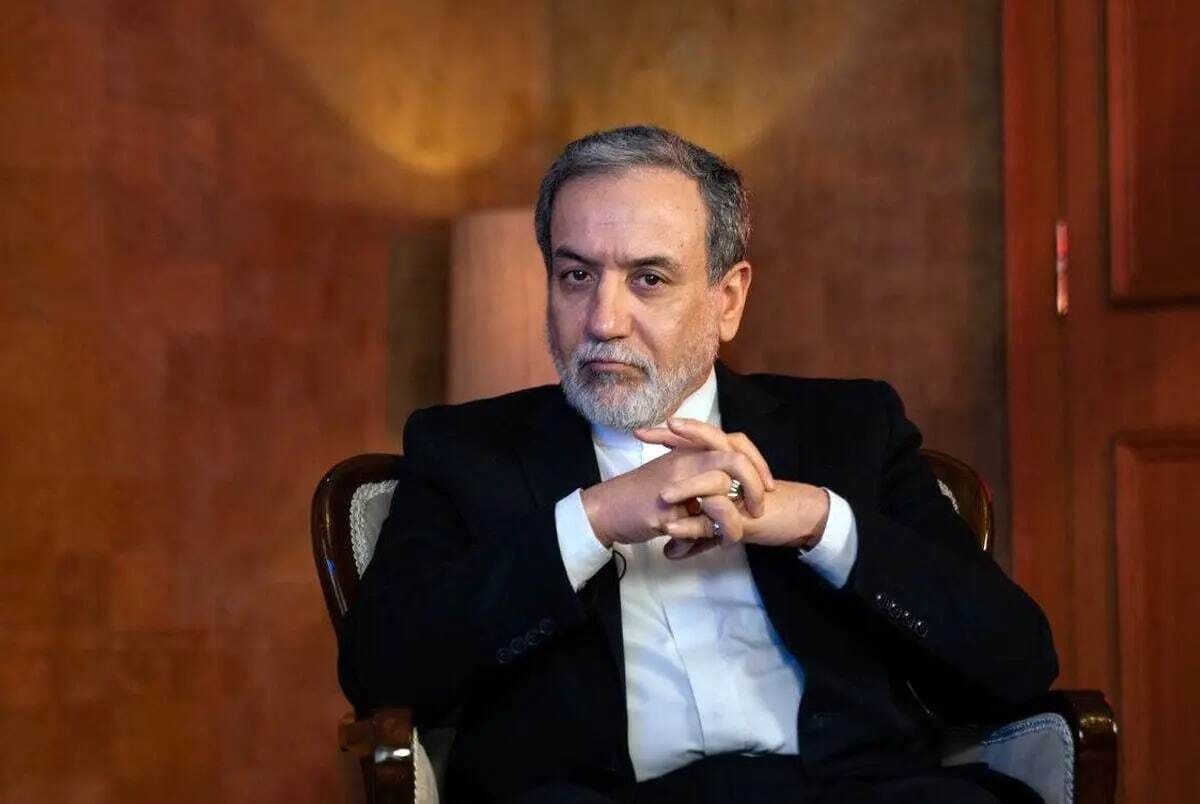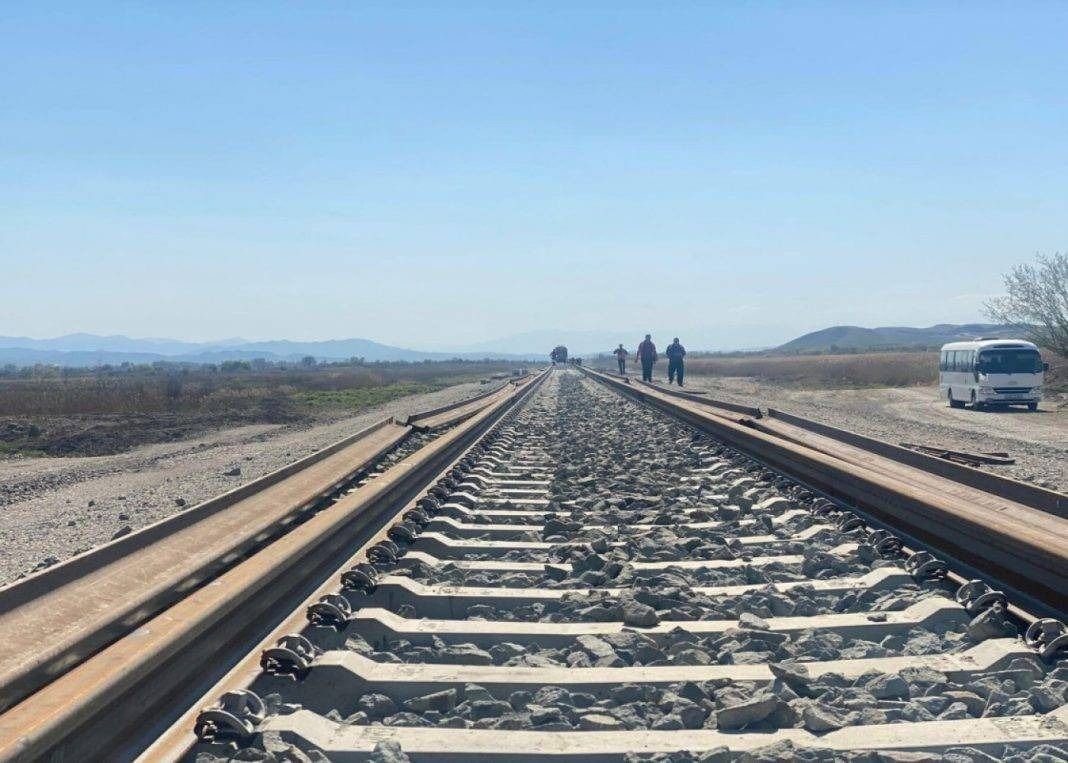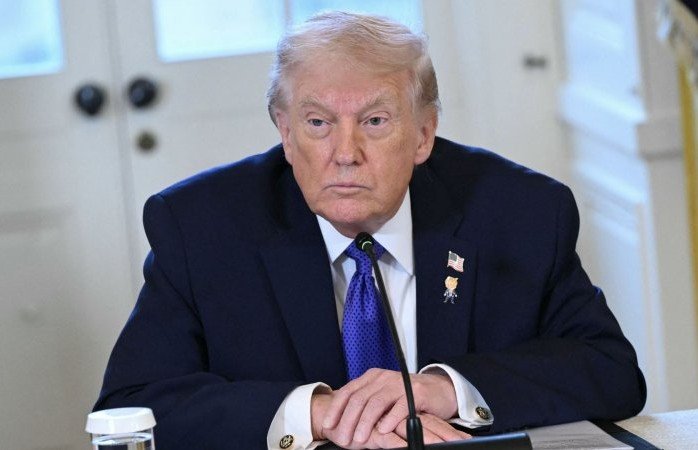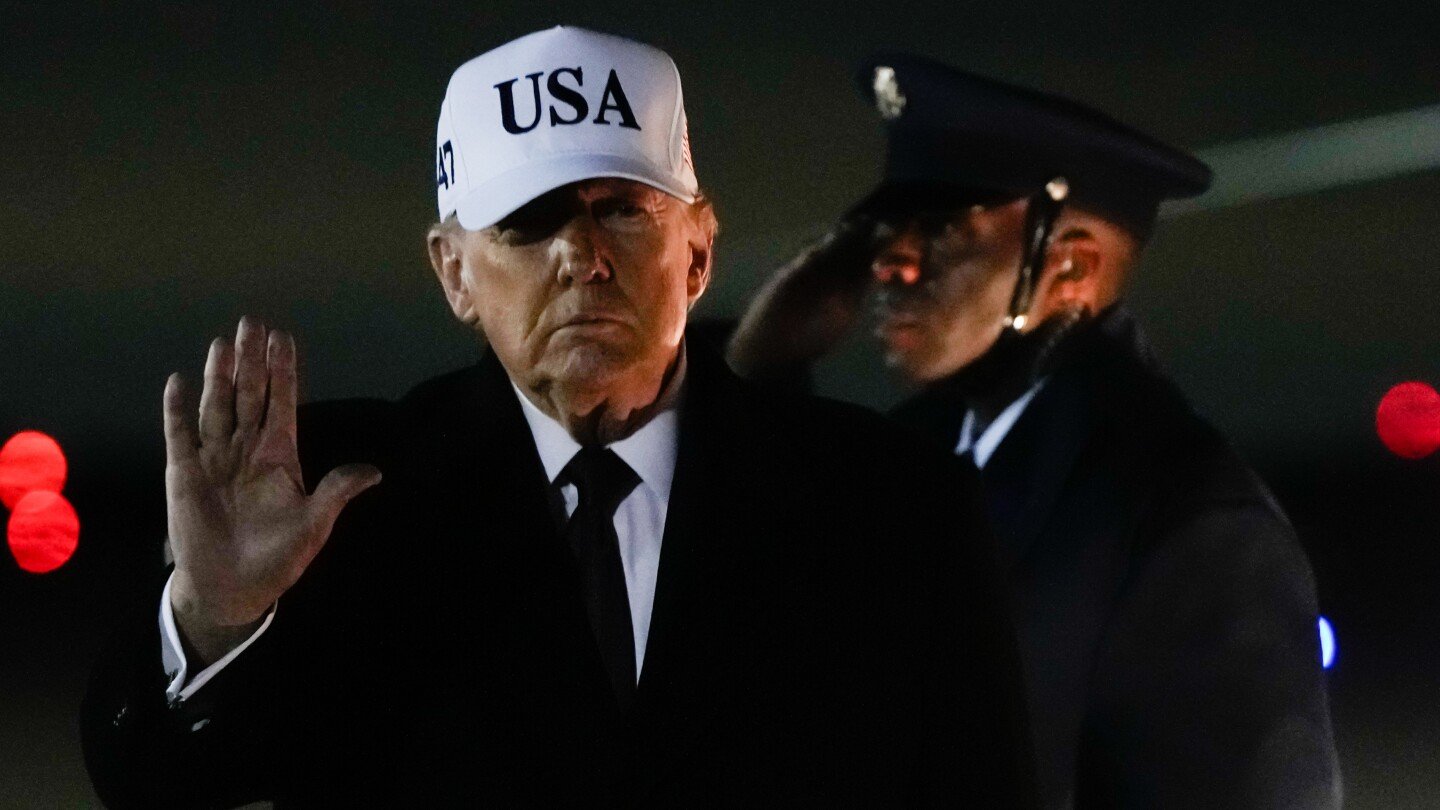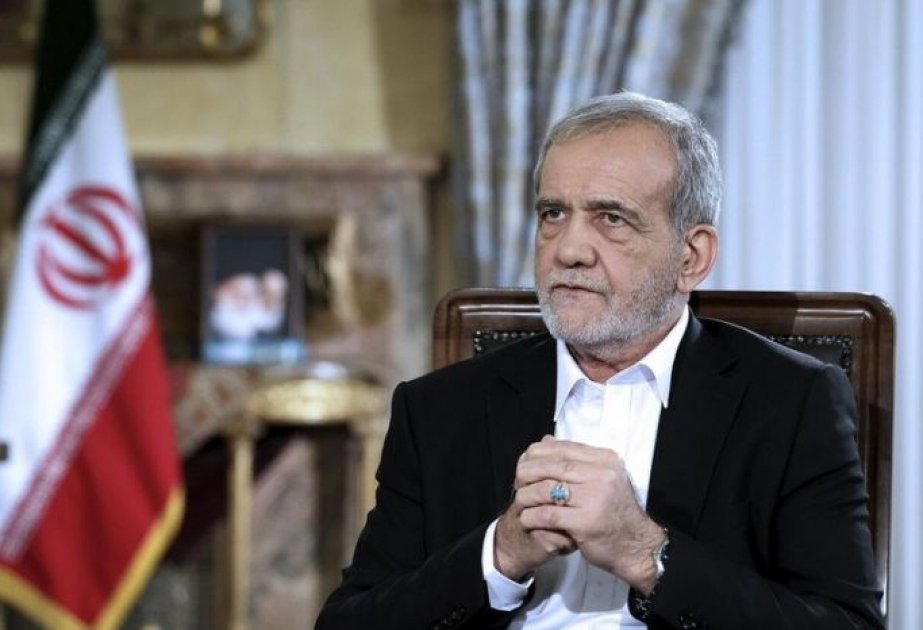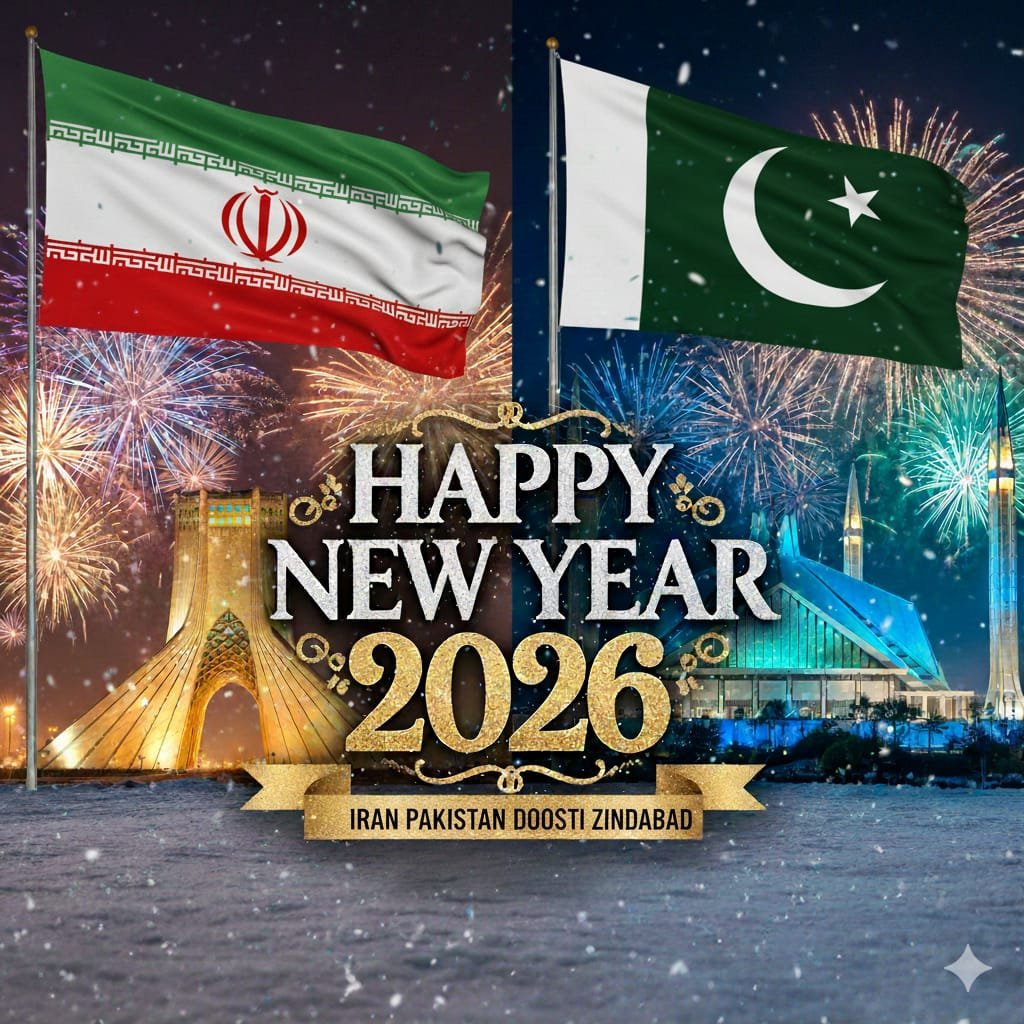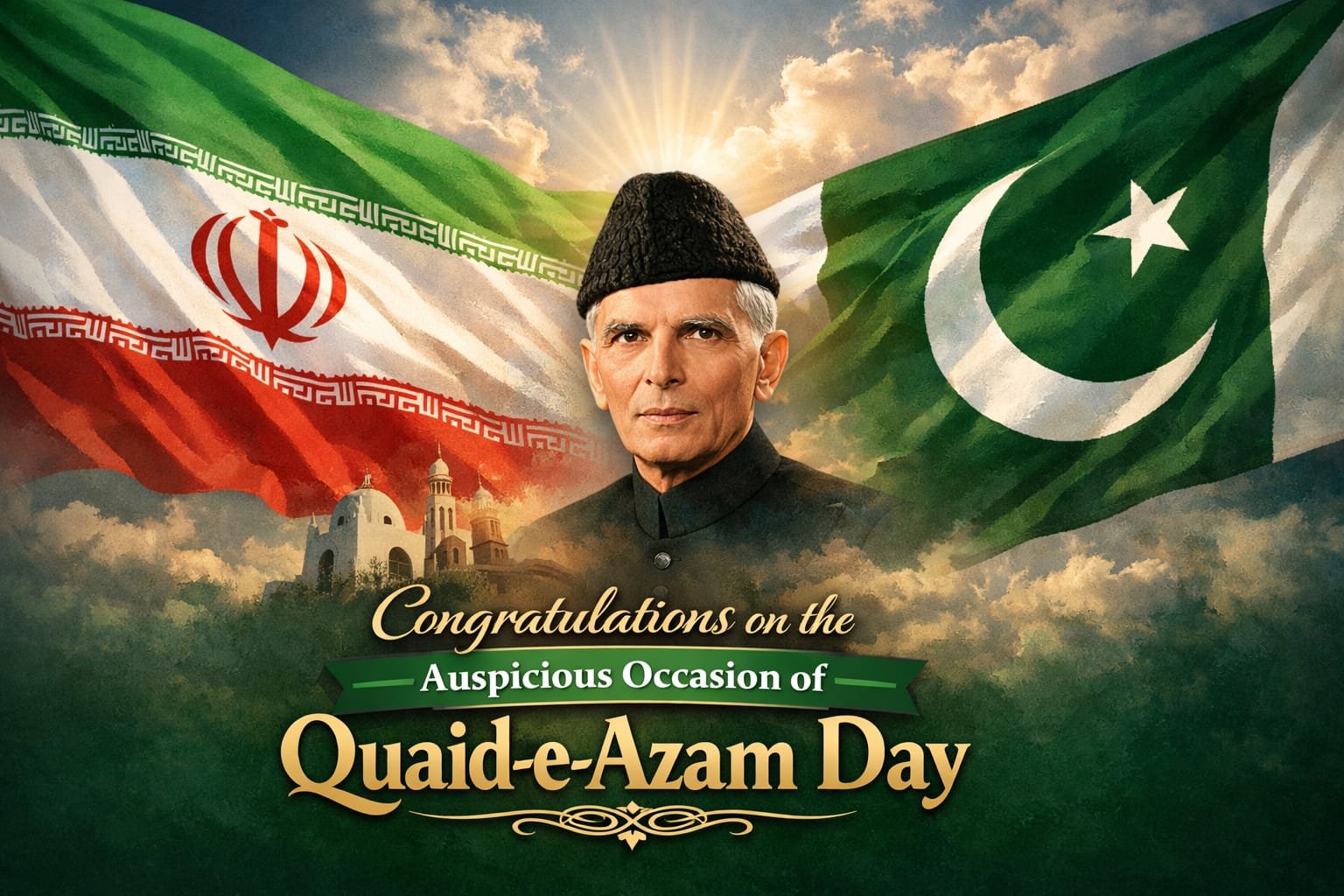Tehran, June 28, 2025 – The Europe Today: Iranian Foreign Minister Abbas Araqchi has stated that the Islamic Republic of Iran will take all necessary measures to defend its national interests, the safety of its people, and its sovereignty in the face of recent developments involving the International Atomic Energy Agency (IAEA).
In a post published Friday on his official X (formerly Twitter) account, Araqchi expressed strong criticism of IAEA Director-General Rafael Grossi, accusing him of contributing to the recent escalation through actions perceived as politically motivated.
The statement followed the Iranian Parliament’s decision to suspend cooperation with the IAEA until assurances are provided regarding the safety and security of Iran’s nuclear activities.
“This decision,” Araqchi wrote, “is a direct result of Rafael Grossi’s regrettable role in obfuscating the fact that the Agency—over a decade ago—closed all past issues related to Iran’s nuclear file.”
He went on to accuse Grossi of facilitating the adoption of a politically charged resolution by the IAEA Board of Governors, which he said laid the groundwork for the “unlawful bombings” of Iranian nuclear sites by the United States and Israel.
“In an astounding betrayal of his duties, Grossi has failed to explicitly condemn such blatant violations of the IAEA’s safeguards agreements and its Statute,” Araqchi asserted.
He further stated that both the IAEA and its Director-General bear full responsibility for the current “sordid” situation. Responding to Grossi’s reported desire to inspect sites targeted in recent attacks, Araqchi remarked, “His insistence on visiting the bombed sites under the pretext of safeguards is meaningless and possibly even malign in intent.”
Reaffirming Iran’s position, the Foreign Minister concluded, “Iran reserves the right to take any steps necessary in defense of its interests, its people, and its sovereignty.”
The remarks signal an escalation in tensions between Tehran and the international nuclear watchdog amid heightened regional instability, and reflect growing Iranian concerns over perceived politicization within the IAEA’s decision-making processes.
